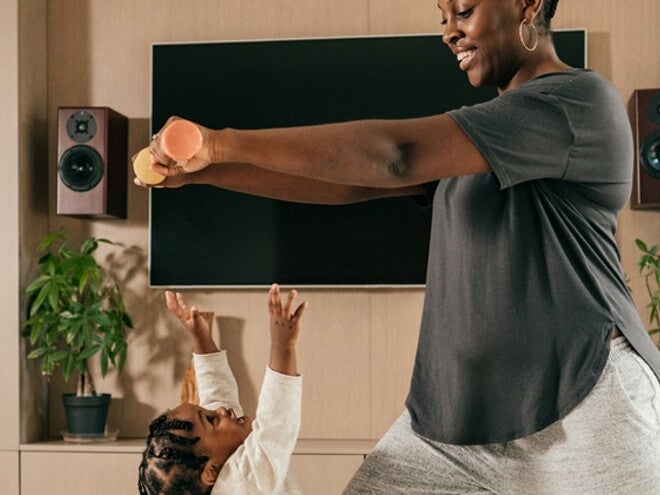
10 money-saving tips for having a baby on a budget
Article
Oct 26, 2020
5 mins
- Start creating a household budget
Money-management apps are great for tracking the money coming in and out of your account. A good way to budget is to follow the 50/30/20 rule—50% of your budget should go on the essentials—for example, rent or home loan, bills, and food— 30% on other spending, and 20% on saving. If you’re coming up short after working out how much to save for a baby, see what non-essential outgoings you could cut back on. - Save for you baby
Consider opening a child savings accounts when your baby is born as you may not have to pay tax on the amount saved. A sensible approach is to set up a regular bank transfer to deposit money into the account each month. That way, it’ll be squirrelled away before you even miss it, and you’ll have peace of mind that your nest egg grows as your baby does. Whether you’re putting money aside for buying baby gear or starting a university fund, it’s worth shopping around for the best interest rates so you can save the most for your child’s future. - Shopping for baby on a budget?
Make a list of baby essentials and try to only buy items you’ll really need. For example, a car seat, cot, pram, nappies, a few one-pieces, vests, and a baby blanket. If you’re having a baby shower, you could always set up a gift registry and ask people to contribute toward some of the more expensive items. Not sure whether you’ll need something? Ask friends and family with experience. They may have other money-saving tips for parents too. - Look for freebies
Ask friends and family for hand-me-downs, they may appreciate the excuse for a clearout. - Buy second-hand baby essentials
Check out local Facebook groups and second-hand sites for pre-loved baby essentials. You can often find big-ticket items for sale, still in excellent condition but at a fraction of the retail cost. - Try reusable nappies
Kinder on the environment and your purse. By using reusable cloth nappies, you can save money compared to disposable nappies. There will be some initial outlay costs, depending on what type of cloth nappy you opt for, but you should easily make these back by the second year, and certainly with a little brother or sister on the way. - Buy in bulk
Cloth nappies aren’t for everyone, and with a million other parenting chores on your list, that’s OK. You could always look into bulk buying or signing up to a subscription service for regular buys such as disposable nappies. Just remember your little bundle of joy won’t stay so little forever, so you’ll need to change the type and size of nappy as he grows bigger. - Breastfeed if you can!
Breastmilk is best for babies, with the World Health Organisation recommending exclusive breastfeeding for at least the first six months, it’s the most economical way of feeding your baby too. So that’s your finances and household budget sorted, now find out how you can emotionally prepare for parenthood here. [https://www.babyandme.nestle.co.za/prenatal/prepare-for-parenthood]